Technology / Articles
Hospital Hygiene: 5 good practices that promote patient health
Hospital hygiene has a direct influence on patients’ health and recovery. Find out how to promote it with these 5 best practices.

 9 minutes of reading
9 minutes of reading
2022-03-17 19:14:05
In a bustling environment, honest mistakes can have dire consequences. Hospital hygiene is a key factor to ensure the safety and well-being of patients and healthcare professionals.
Florence Nightingale might agree. When the mother of modern nursing arrived on the battlefields of the Crimean War, a conflict that occurred between 1853 and 1856 in southern Russia and the Balkans, the horror she witnessed led her to revolutionize hospital hygiene habits. The lack of sanitary conditions was such that once some good practices were implemented, the mortality rate among soldiers decreased by over 40%.
Nightingale’s observations and notes still inspire the cleaning, hygiene and disinfection processes of modern hospitals and clinics. But the time has come to go one step further. These are 5 hygiene best practices that promote patients’ health.
What is hospital hygiene?
Hospital hygiene refers to the practices and procedures that are adopted in hospitals and other healthcare facilities to prevent the spread of infections and ensure a safe and clean environment for patients, healthcare workers and visitors.
It involves various measures and protocols to control the spread of pathogens such as bacteria, viruses, fungi, and other microorganisms. Procedures are performed according to the risk of infection in different units, such as emergency rooms, operating theaters, intensive care units, outpatient clinics, office areas, among may others. Hospital hygiene therefore plays a key role in promoting a safe healthcare environment and, ultimately, in ensuring public health.
5 best practices to ensure hospital hygiene
These are some of the key hospital hygiene measures that should be implemented and monitored:
1. Set sanitization processes
In a hospital, some areas are more critical than others. However, all should be considered when drafting sanitation processes as the risk of cross-contamination is ever present. Setting nuanced processes and hygiene plans is essential. By evaluating each of these areas, it is possible to tailor the procedures, products and materials. Also, simple ground rules play a big role. Work standards such as quality of products and the individual protection gear of the healthcare professional or cleaning team are indispensable points that must be included in the program.
2. Monitor quality standards
Monitoring quality standards allows hospitals, clinics and laboratories to have greater control over the processes implemented. Medical establishment should keep a close watch by auditing their processes and hygiene norms and training human resources specialized in hospital hygiene. Norms can be verified and audited – a simple yet fundamental basis for improvement. Where there is an hygiene standard there can be a KPI and an action plan to improve.
3. Provide proper training
In order to maintain a clean, sterile and prepared environment for all the medical activities, it is imperative that all actors involved in the hygiene processes are specialized in the various concepts of hand washing, waste sorting, contamination, outbreak containment or handling of products and equipment.
Both cleaning services, healthcare professionals and even patients themselves should be aware of the importance of hygiene and ways of preventing contamination and infection. This is especially true for the most at-risk patients.
4. Define waste management procedures
Besides being a contaminant, hospital waste is also considered a risk to the environment. Efficient waste management, transport to specialised sorting centres and consequent proper storage are essential.
According to current legislation in Portugal, waste used in prevention, diagnosis, treatment, rehabilitation or for academic purposes should be classified according to its management requirements. This allows hospitals to establish adequate risk parameters for each material.
5. Automate repetitive work
New technologies improve hygiene processes, making them more efficient and safer. Cloths with more effective microfibers, different formulas of liquid hydrogen-peroxide disinfectants, self-disinfectant surfaces and even touchless decontamination are some examples of new technologies applied to the health sector.
How to assess hospital hygiene?
Hospital hygiene can be assessed with different methods and KPIs. The most common ways to assess hospital hygiene include:
1. Audits and inspections
Conducting regular audits and inspections is an effective way to assess hospital hygiene. These assessments can be performed by internal control teams or by external regulatory agencies. Audits typically cover a broad range of topics such as the cleanliness and disinfection of areas and equipment, compliance with hygiene protocols, waste management, and other health regulations.
2. Monitoring infection KPIs
The incidence of hospital-acquired infections is an important indicator of the effectiveness of hygiene practices. Hospitals can track and analyze data such as surgical infection rates, medical device-associated infections, or patient-to-patient infections. By monitoring these KPIs, it is possible to identify critical risk areas and implement appropriate corrective measures.
3. Microbiological analysis
Performing microbiological analysis on surfaces, equipment, and air can help identify the presence of pathogenic microorganisms and evaluate the effectiveness of cleaning and disinfection procedures. Through microbiological analysis, you can identify critical contamination points and implement corrective measures.
4. Direct observation
Direct observation of hygiene practices by healthcare workers can provide valuable insights into compliance with protocols and adherence to hygiene guidelines. Specialized teams can conduct direct observations at different times and locations within the hospital to assess, for example, the proper use of Personal Protective Equipment, hand washing, cleaning of surfaces, and other relevant practices.
5. Patient feedback
Patients’ perceptions of cleanliness and hygiene in hospitals can be an important evaluation tool. Hospitals can ask patients for feedback on both the hygiene of the environment, equipment and procedures and the overall quality of services. This data can provide valuable information about patient satisfaction and help identify areas for improvement.
MultiWasher, your partner in hospital hygiene
At the forefront of technological innovation, MultiWasher Healthtech, an industrial washing solution developed by Somengil, guarantees the disinfection of all materials in non-invasive areas of the hospital industry. The kitchen and laundry sectors will no longer be a concern when it comes to spreading diseases.
Easy to integrate into the hospital environment, the MultiWasher Healthtech is also energy efficient during washes and disinfections, and saves water and detergent – being environmentally, cost and resource conscious. This machine ensures the proper hygiene of food trolleys, as well as trays and recipients used to service hospital wards. Generically purposed transport trolleys (those that do not carry surgical instruments) can also be washed with the MultiWasher Healthtech with great results.
This machine is designed to handle large volumes at once, which allows for efficient sanitizing of many utensils. In addition, the MultiWasher eliminates microorganisms such as bacteria and viruses, thus contributing to the prevention of hospital infections. This machine also helps to minimize the risk of cross-contamination, since it includes specific and separate washing and drying systems and areas.
Join our customers in over 30 countries and revolutionize your hospital hygiene practices. Contact us and see the difference.
You may also like

Technology / Articles
The law of the fittest: the importance of ergonomics at work
Ergonomics is the science of tailoring the task to the person and is essential for workers, companies, and society.
Posted in 2022-06-20
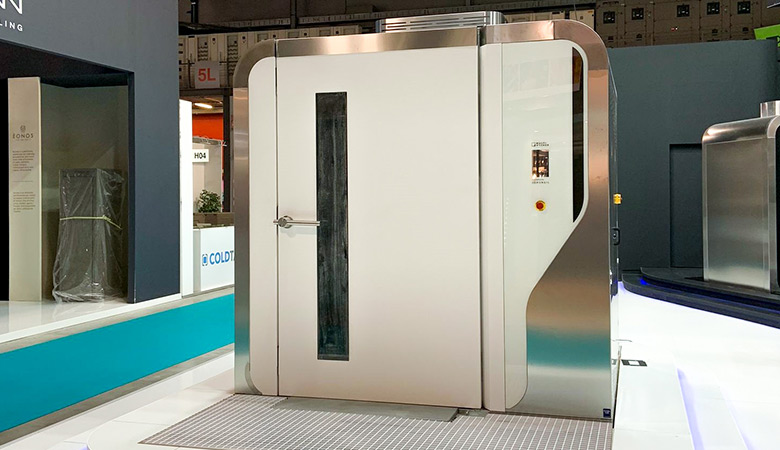
Technology / Articles
Multiwasher Healthtech: high-performance washing for the healthcare sector
Meet the Multiwasher Healthtech, our all-new industrial washing machine, designed for the healthcare sector. These are its key advantages.
Posted in 2021-12-02

Technology / Articles
Hospital Hygiene: 5 good practices that promote patient health
Hospital hygiene has a direct influence on patients’ health and recovery. Find out how to promote it with these 5 best practices.
Posted in 2022-03-17
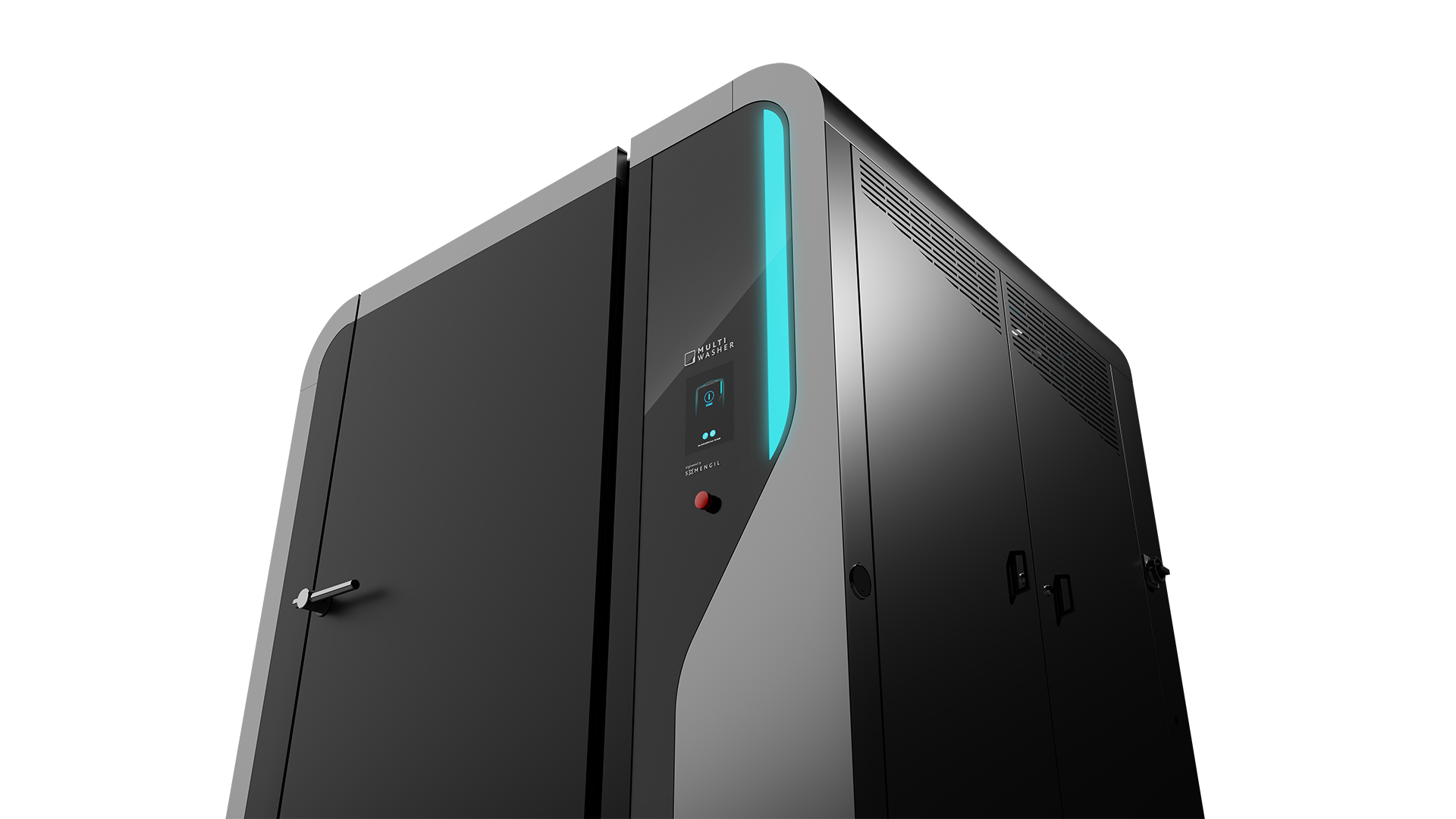
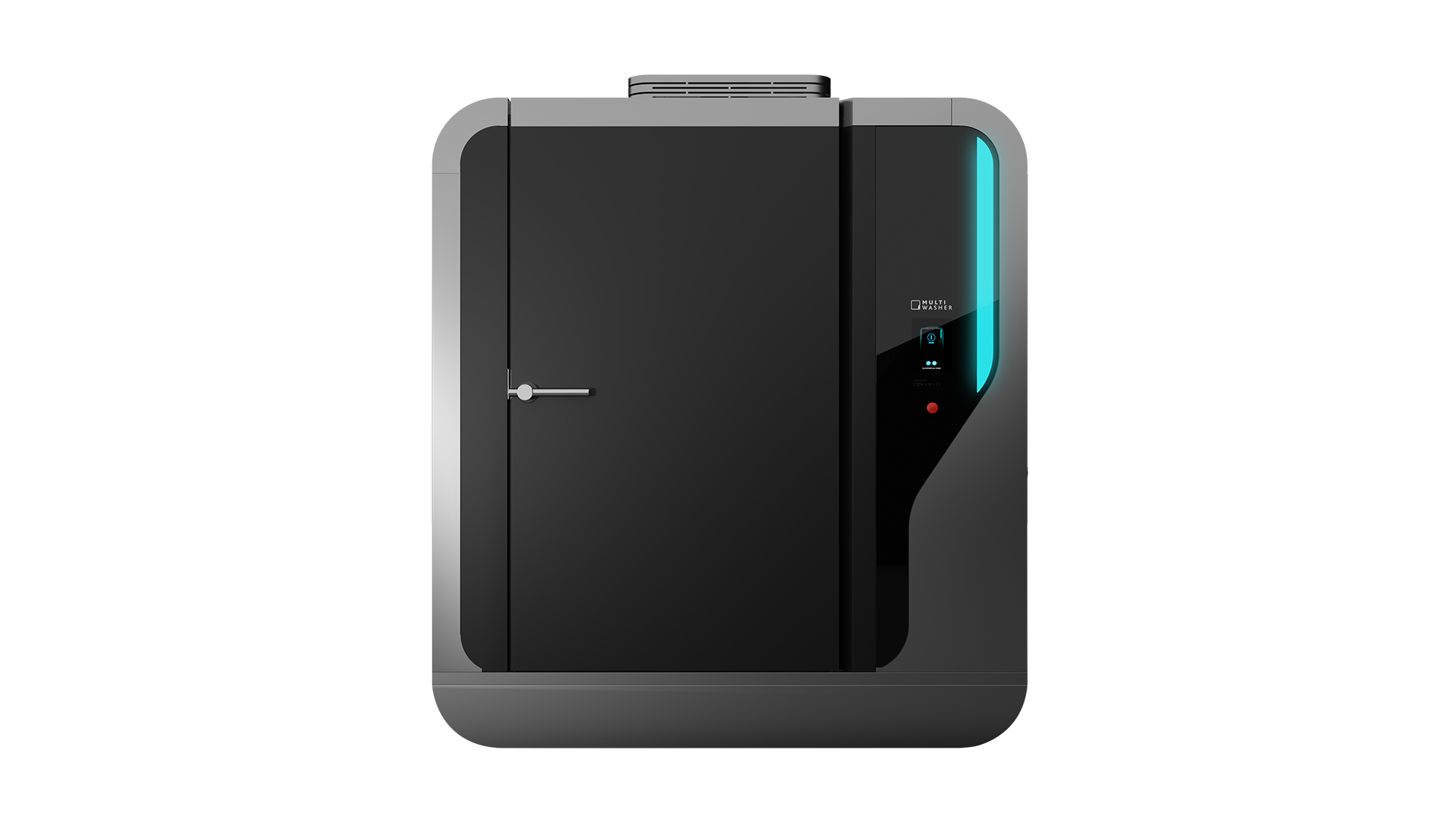
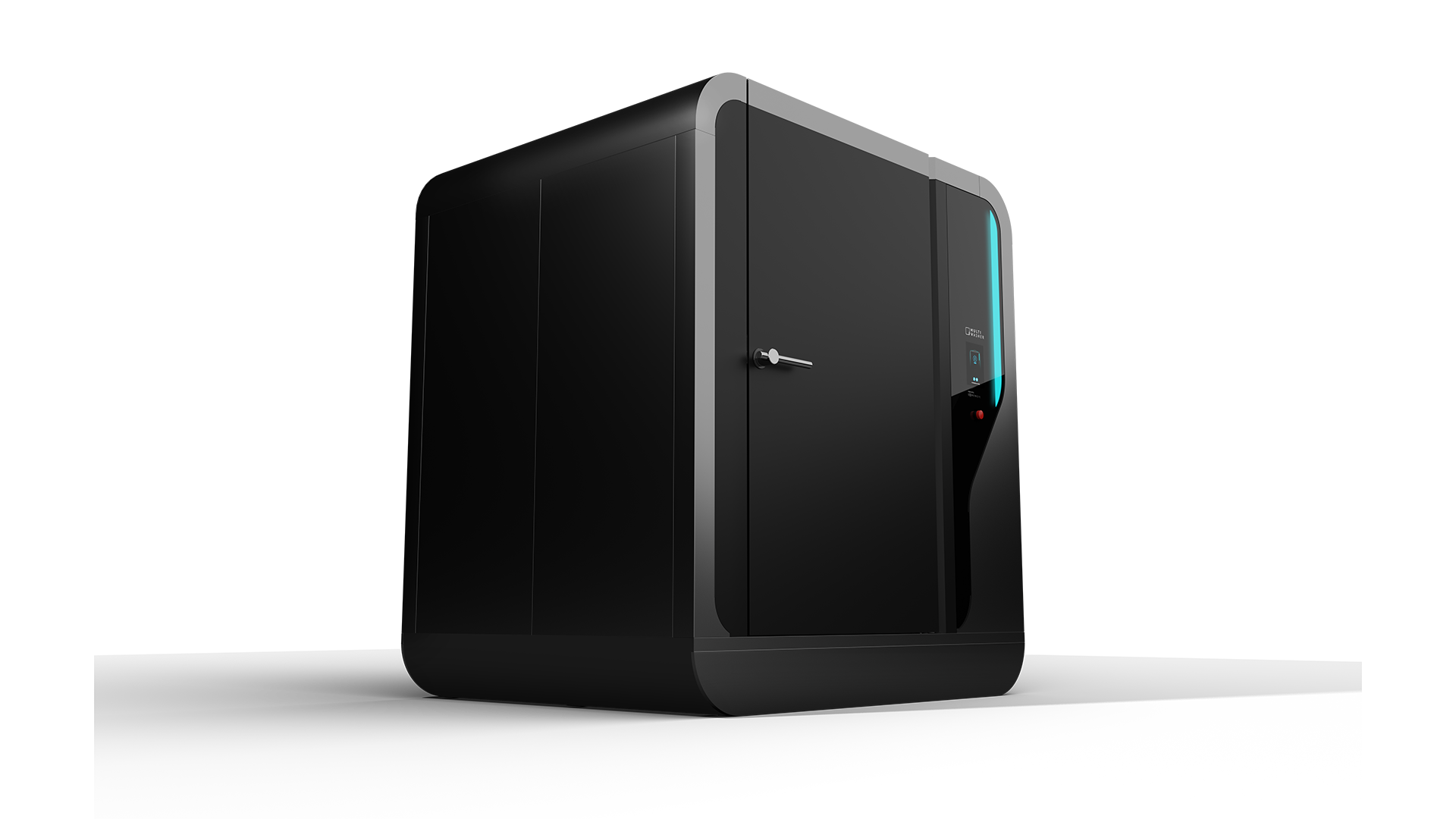
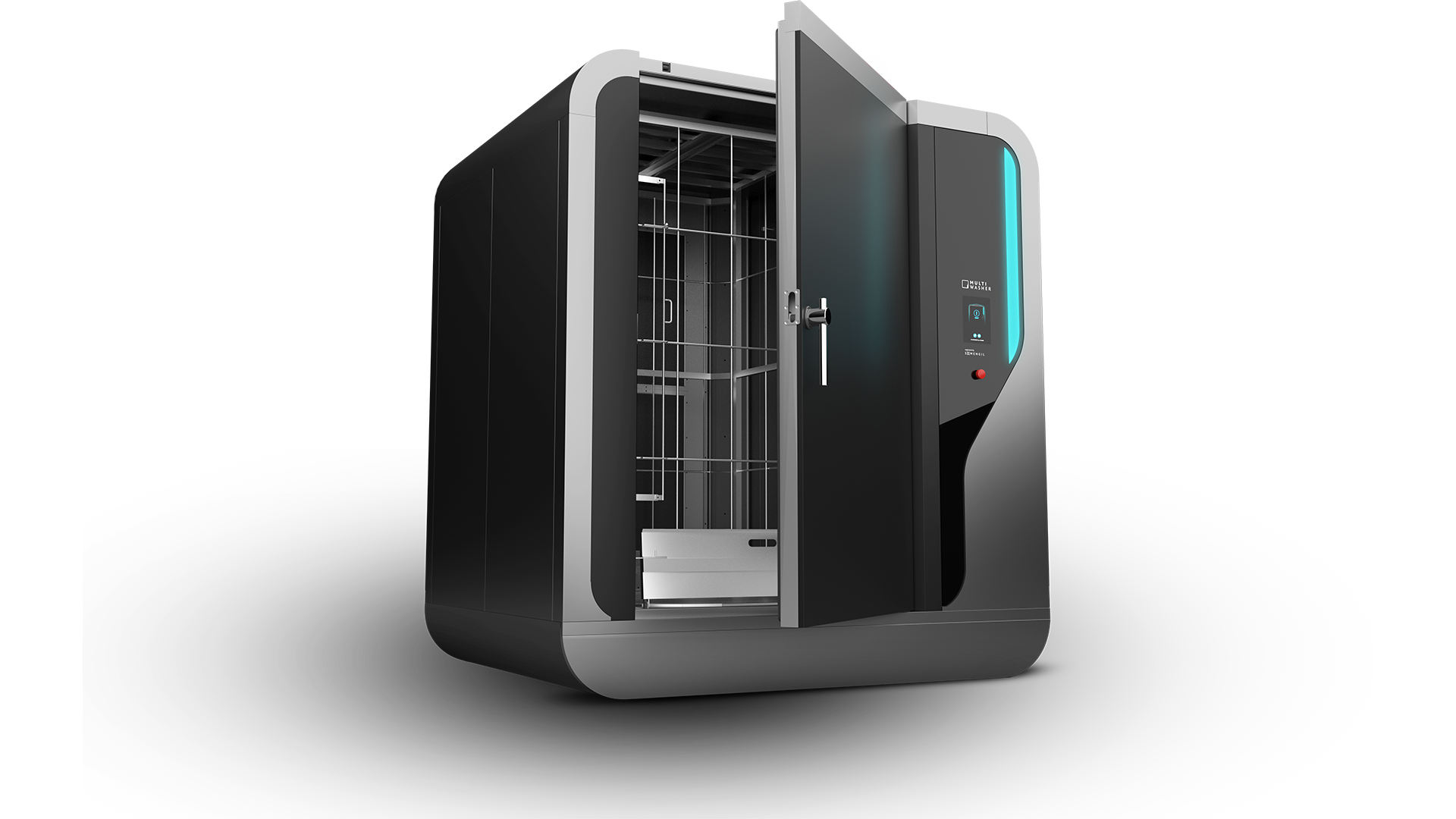
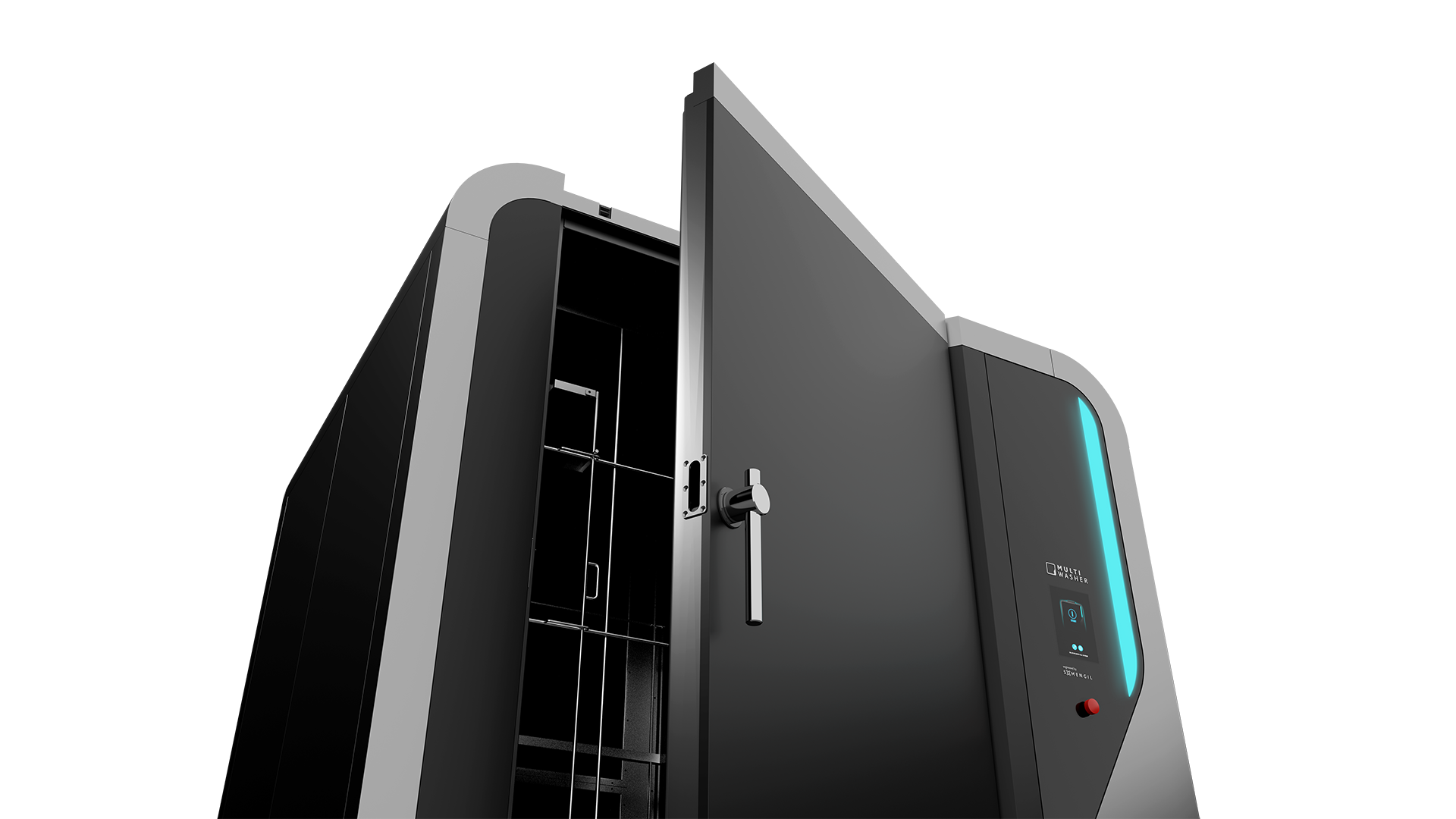
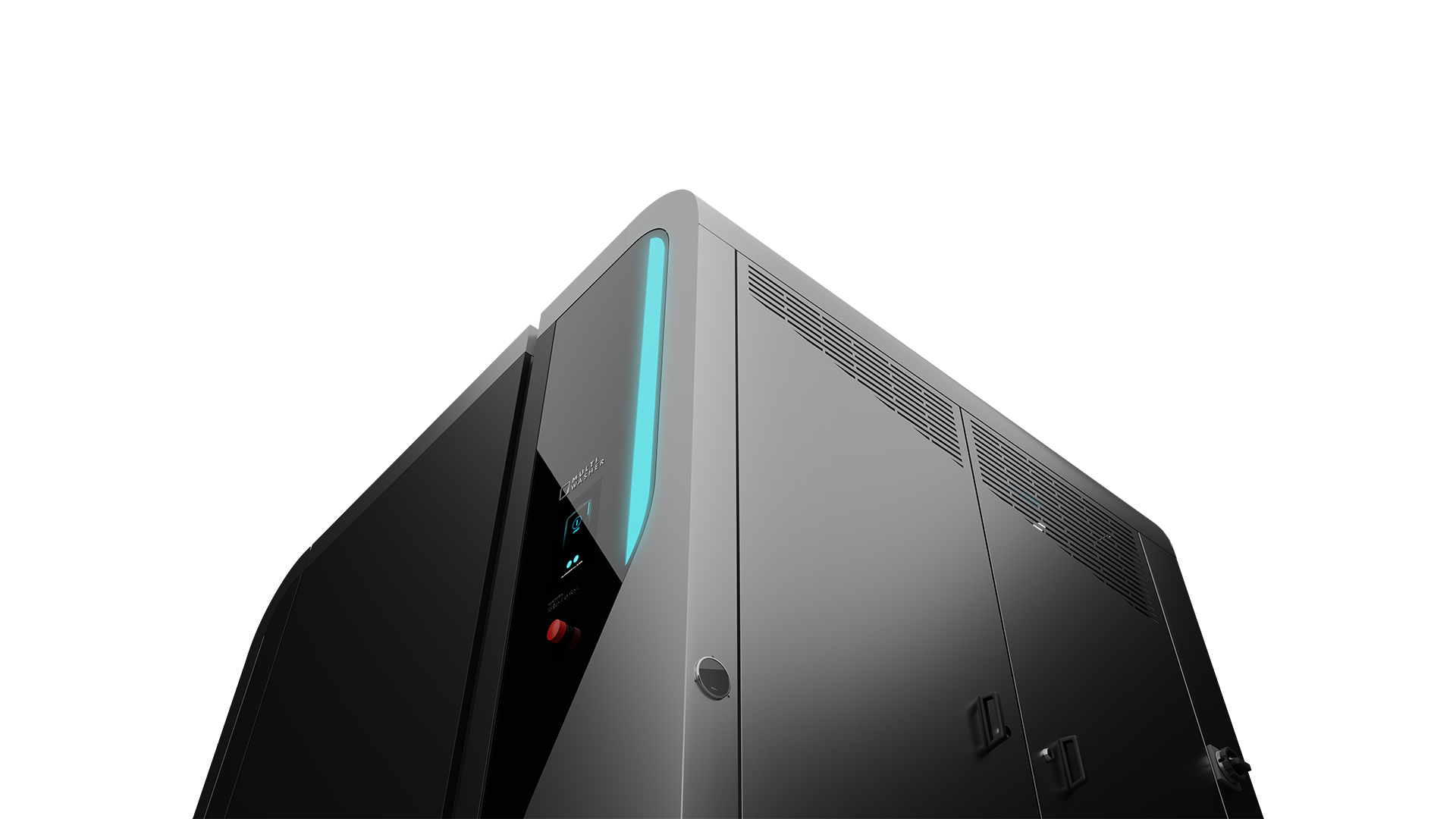
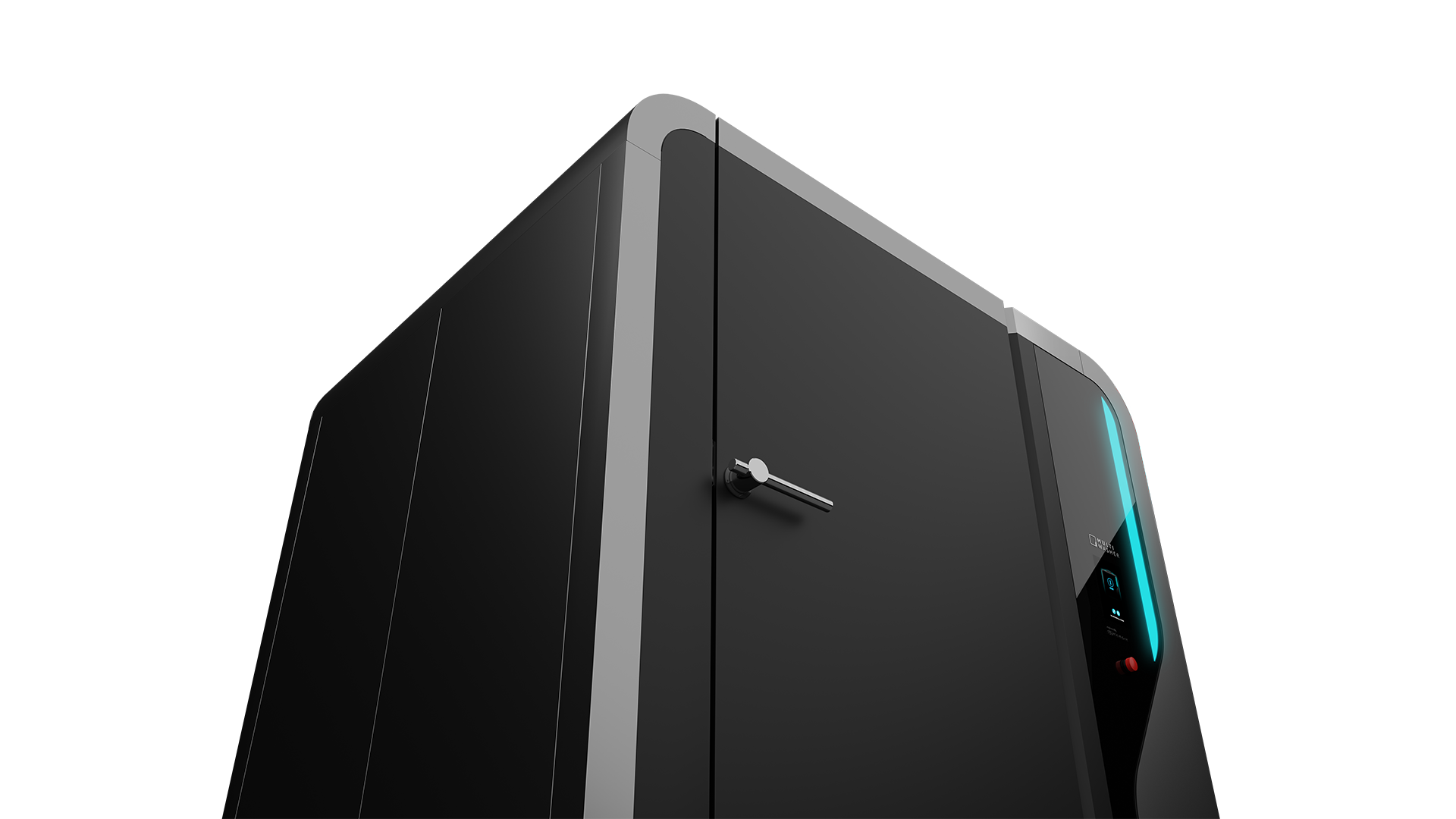
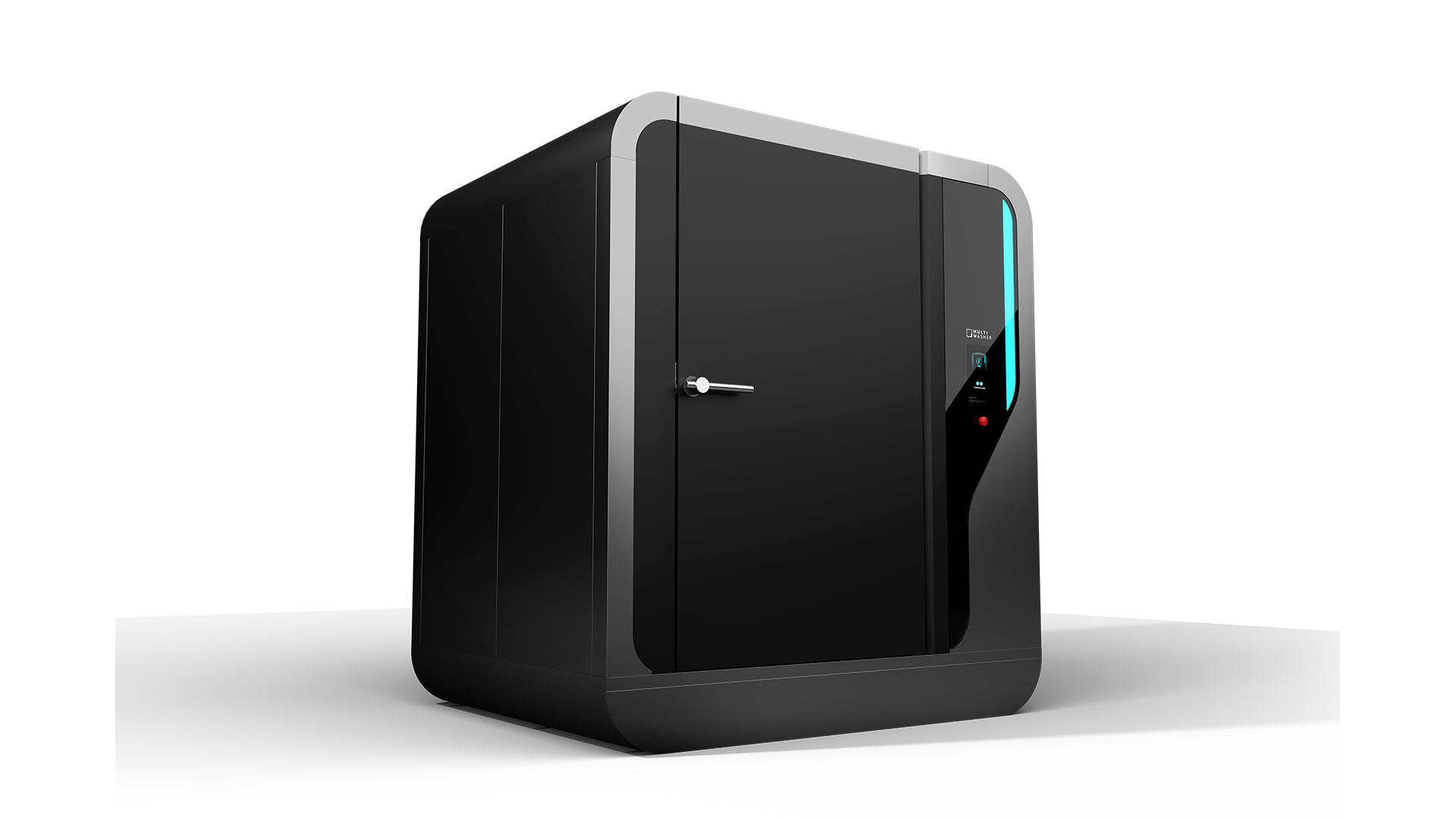
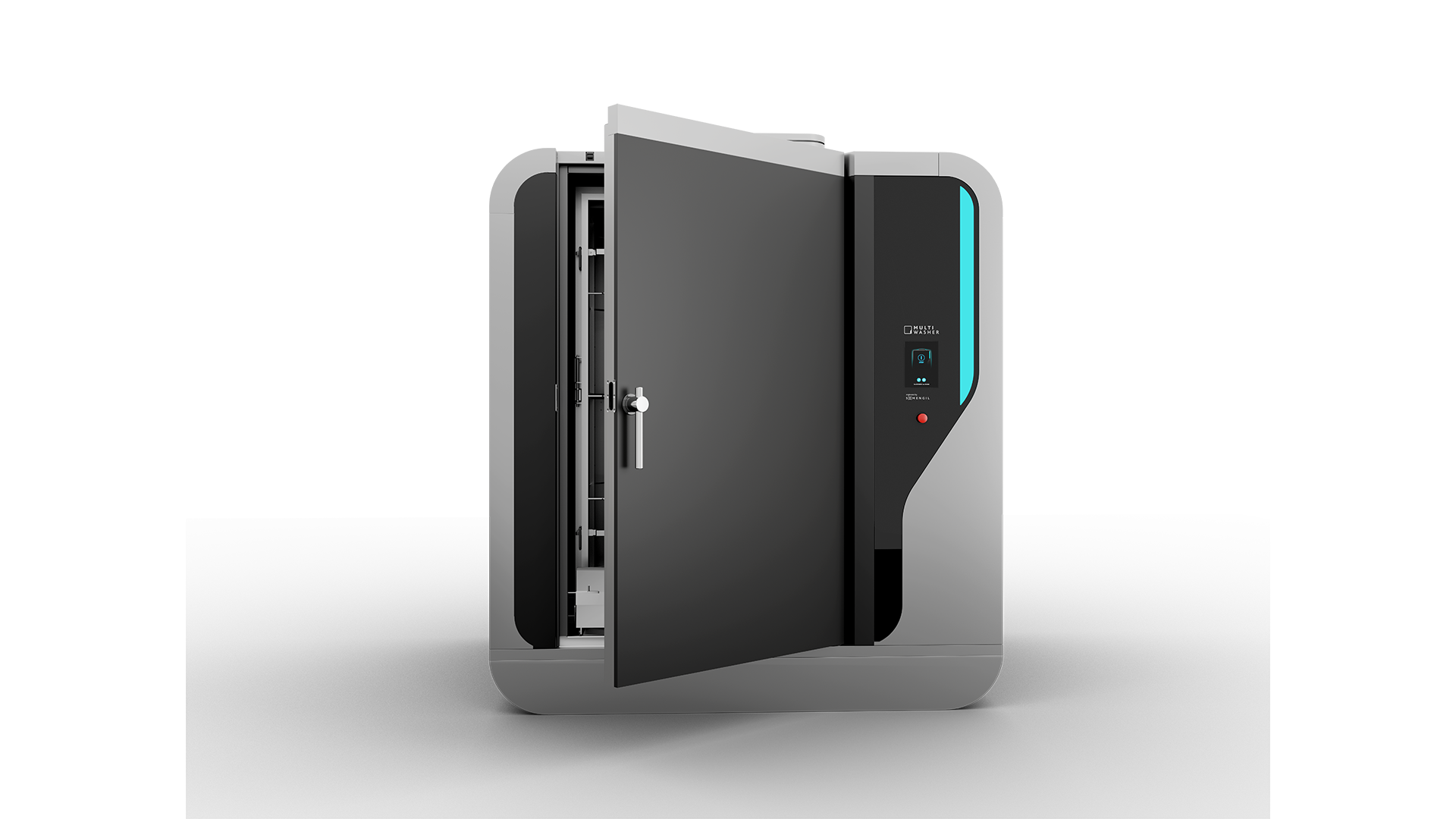
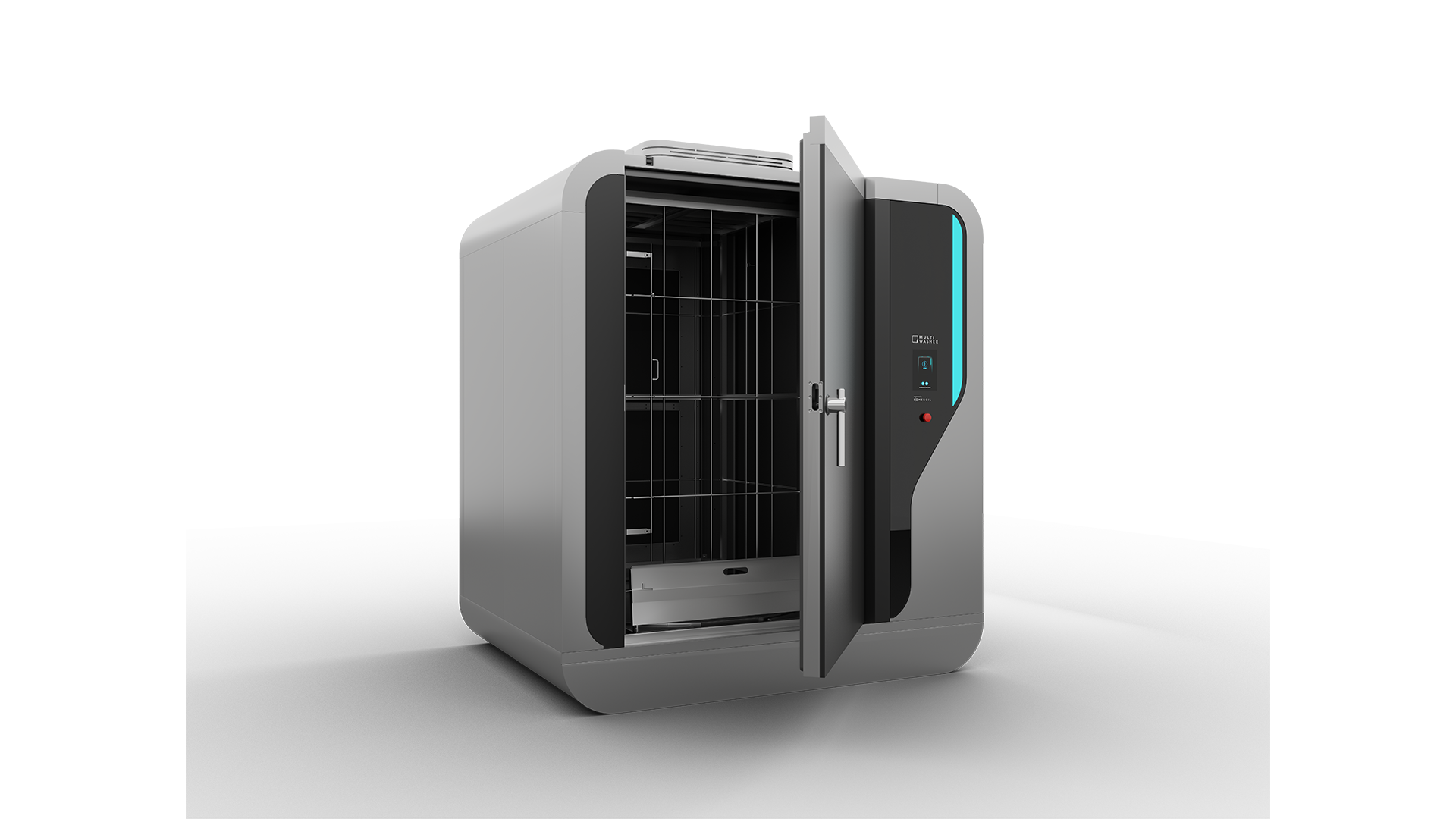
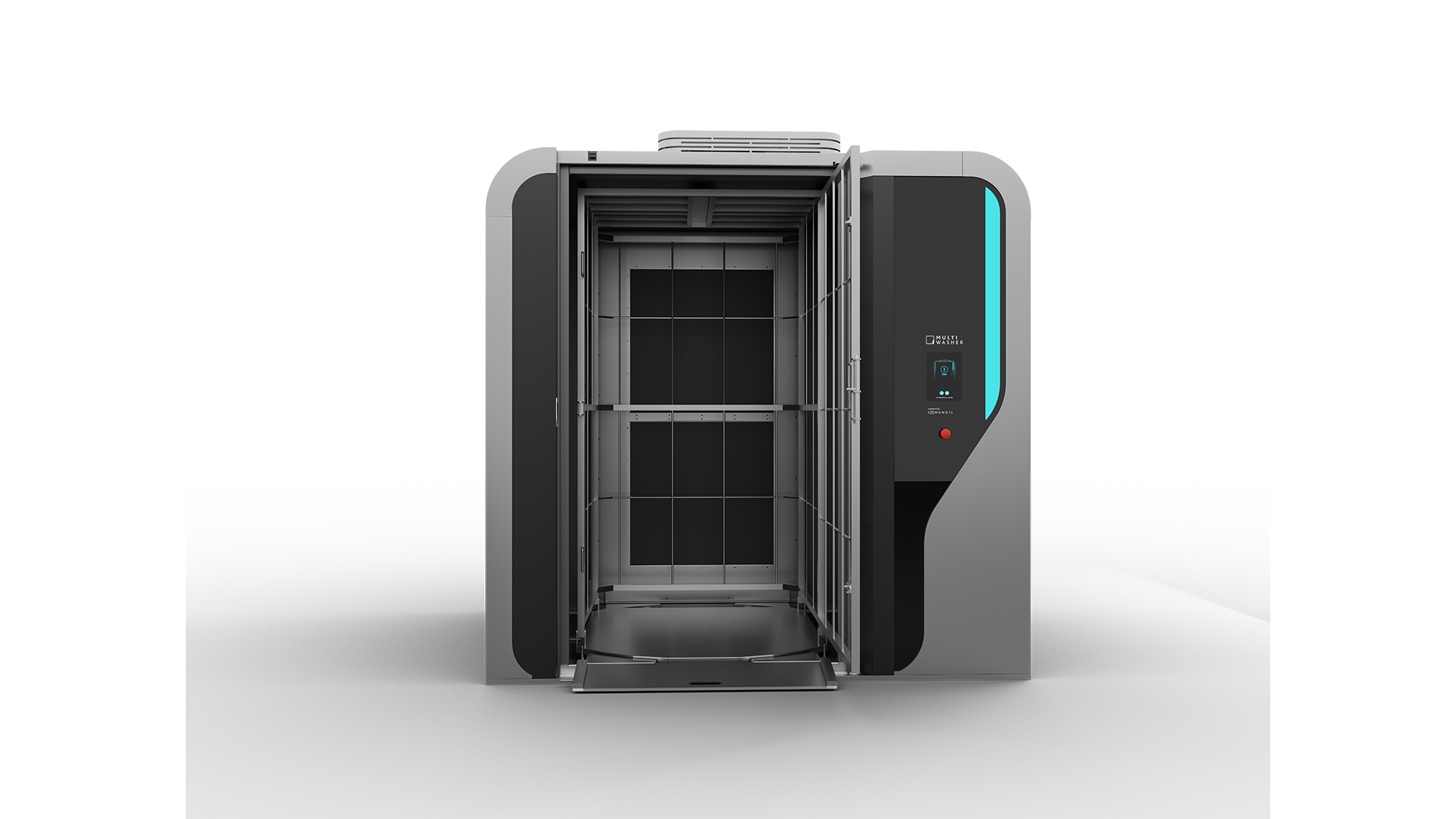
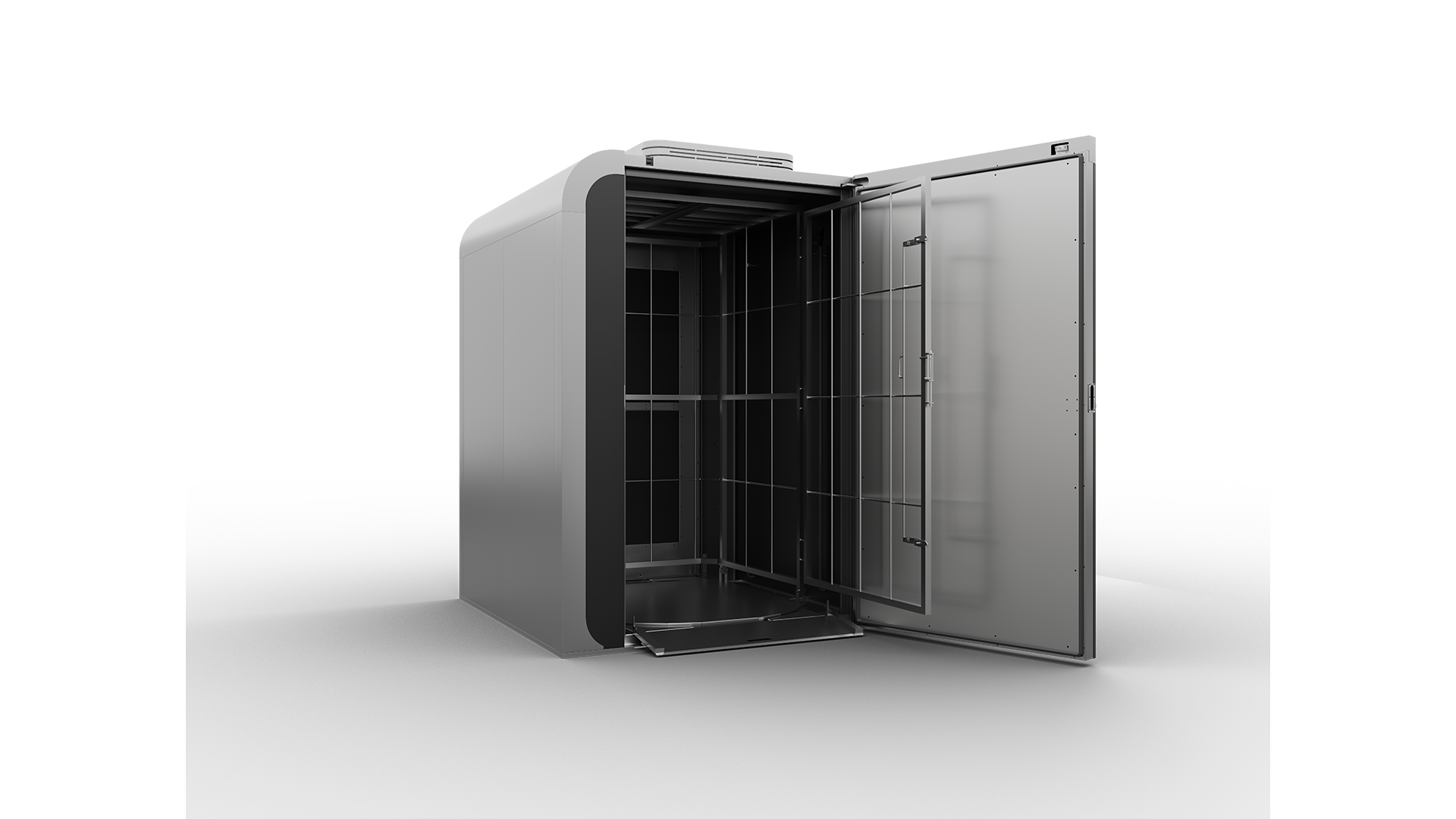
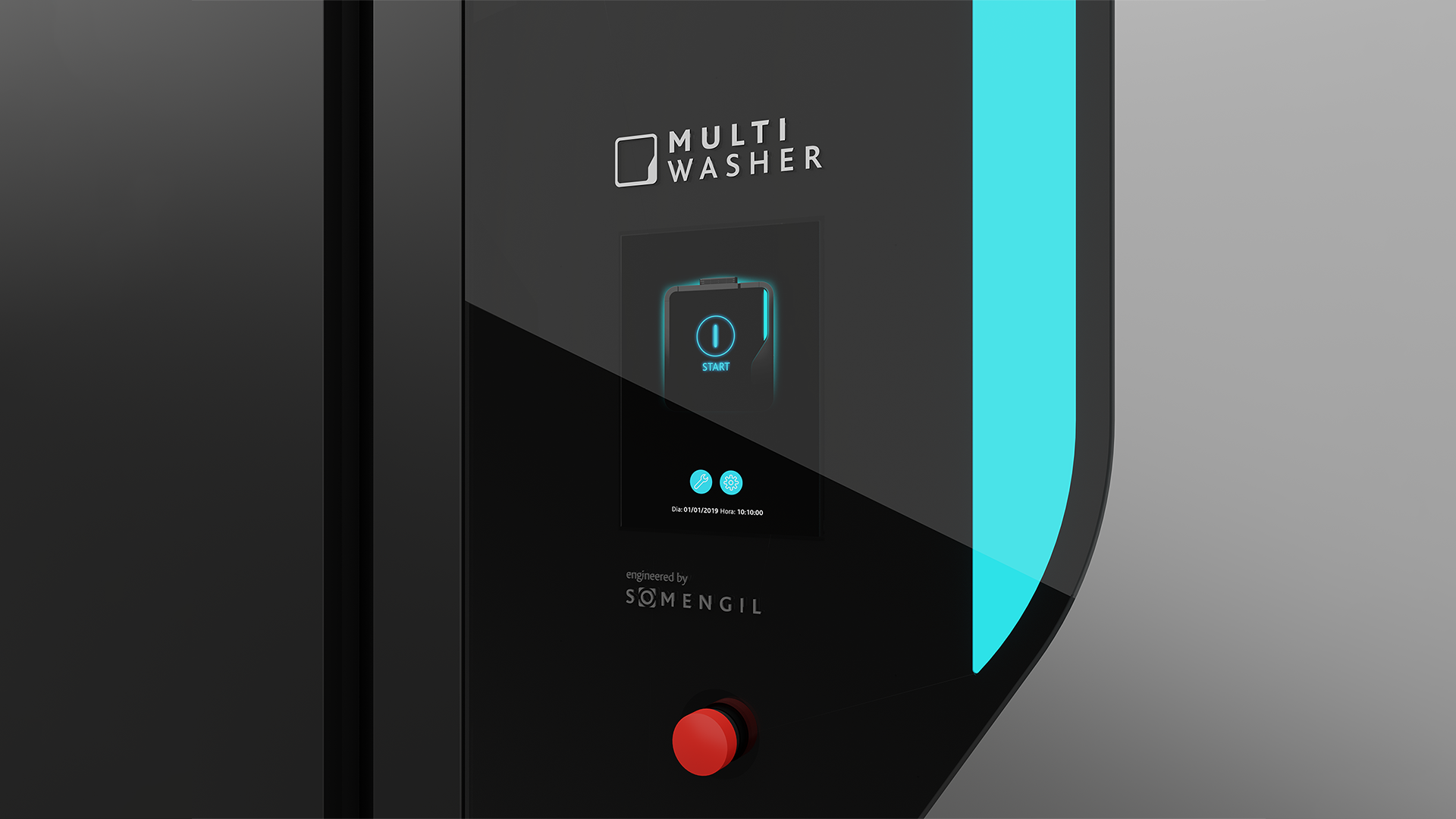
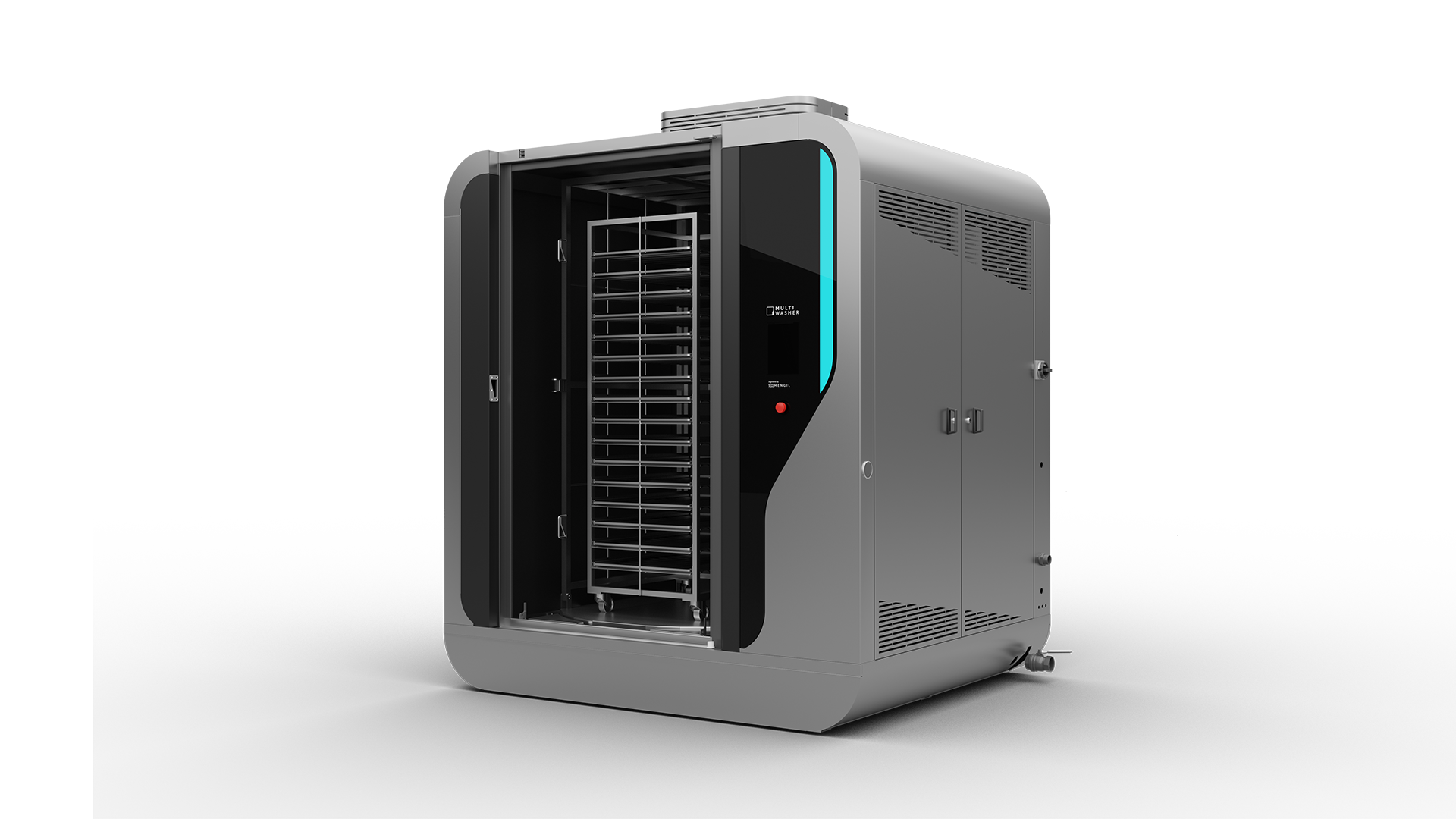
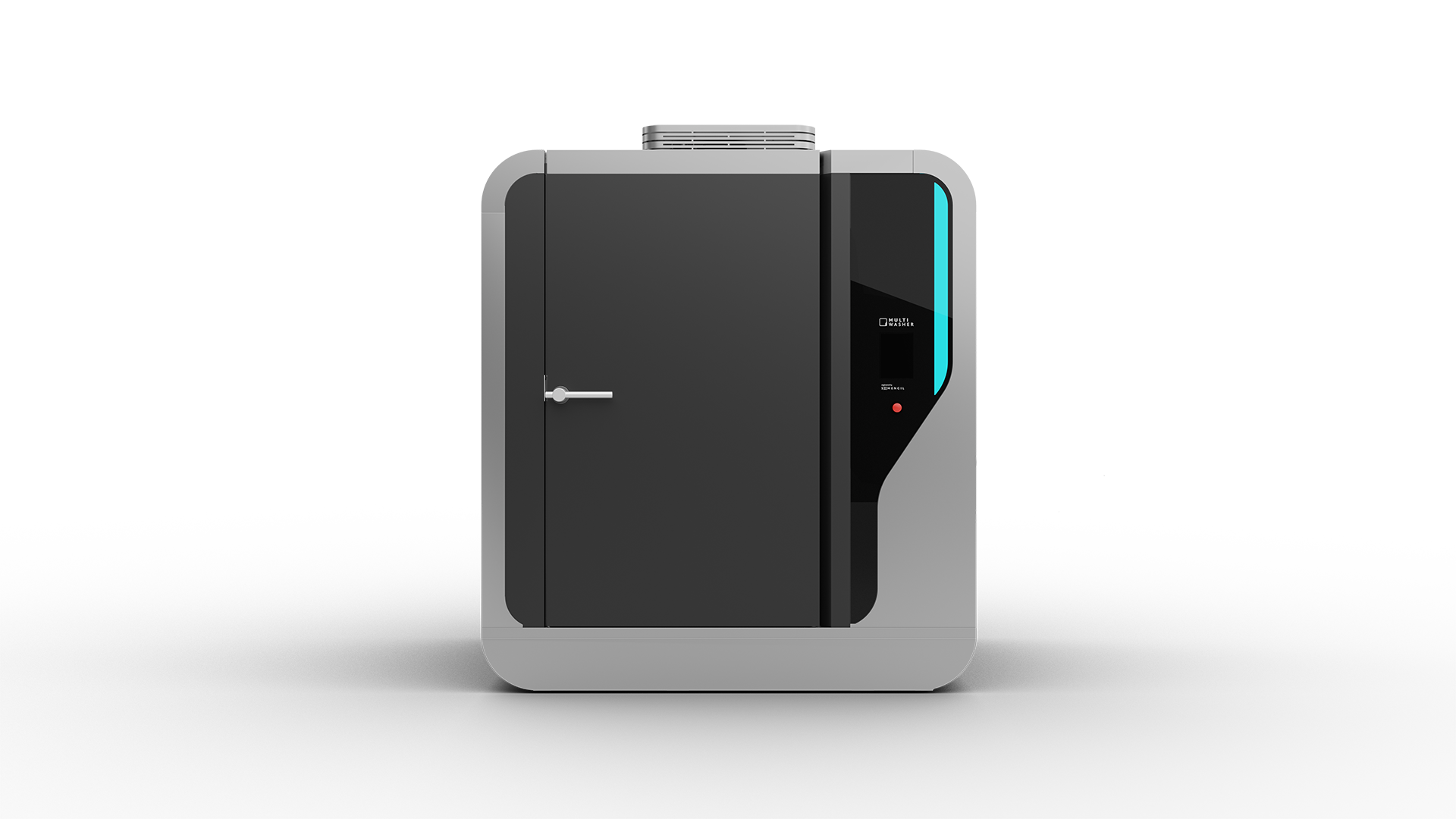

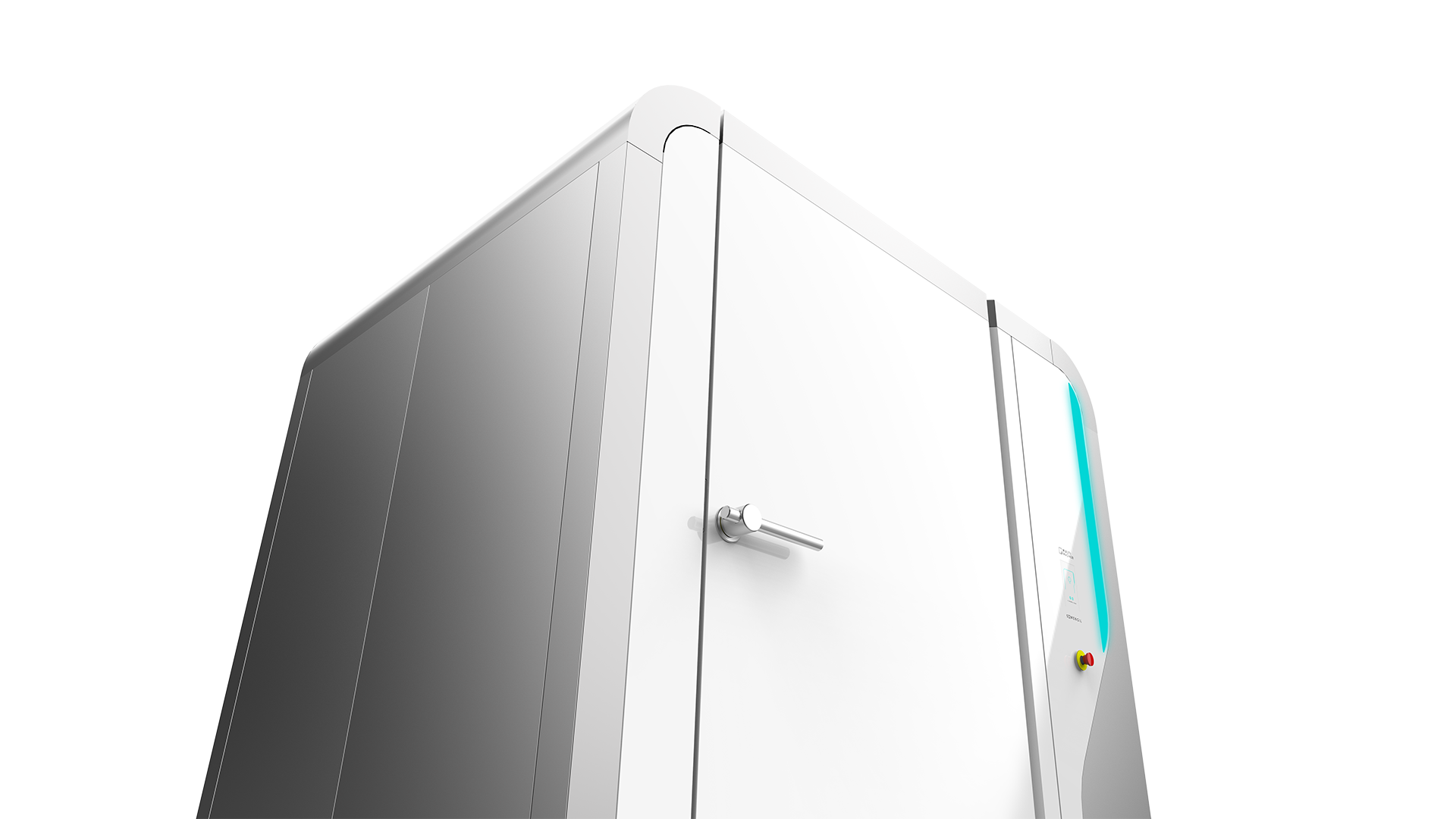
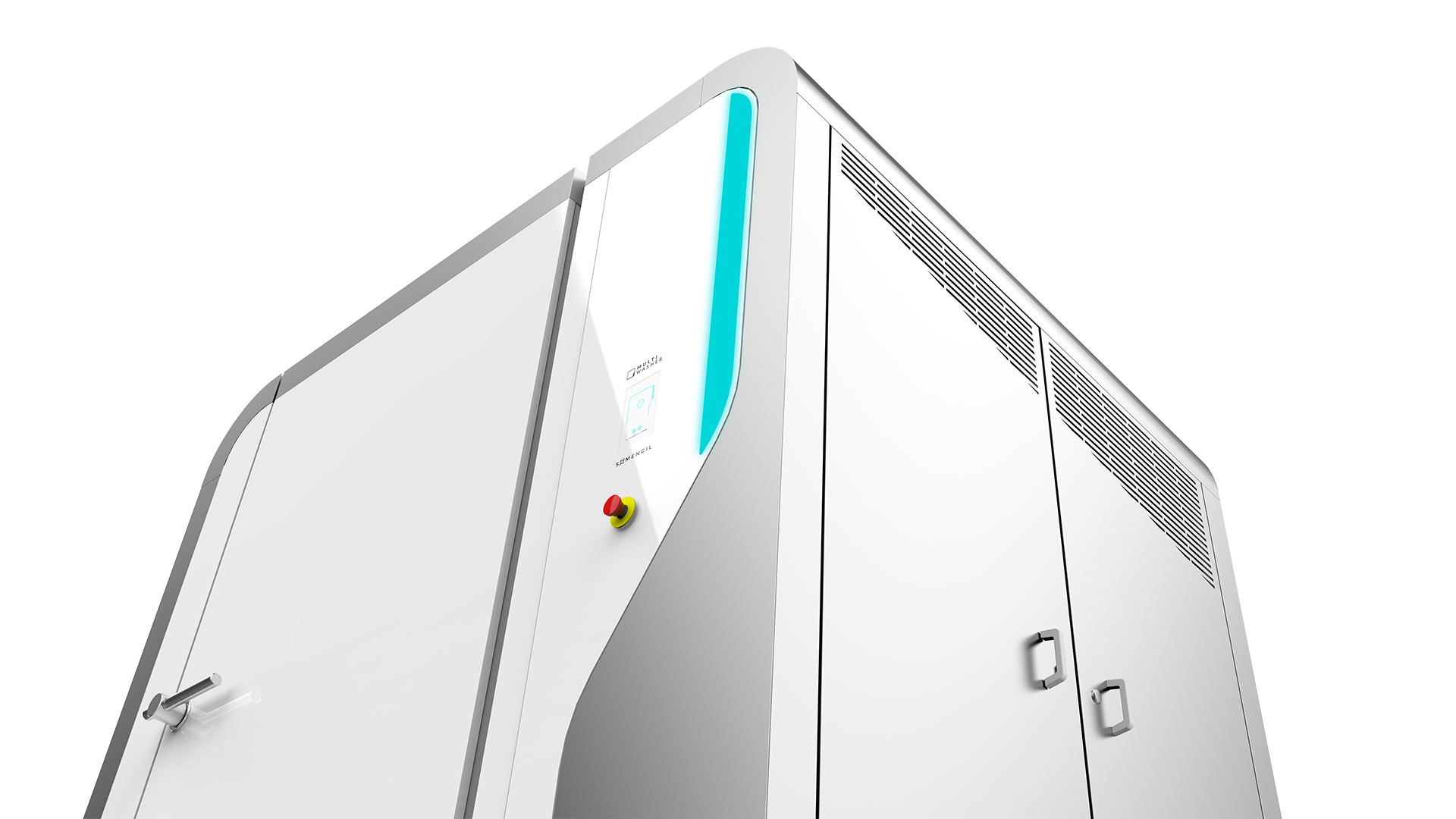
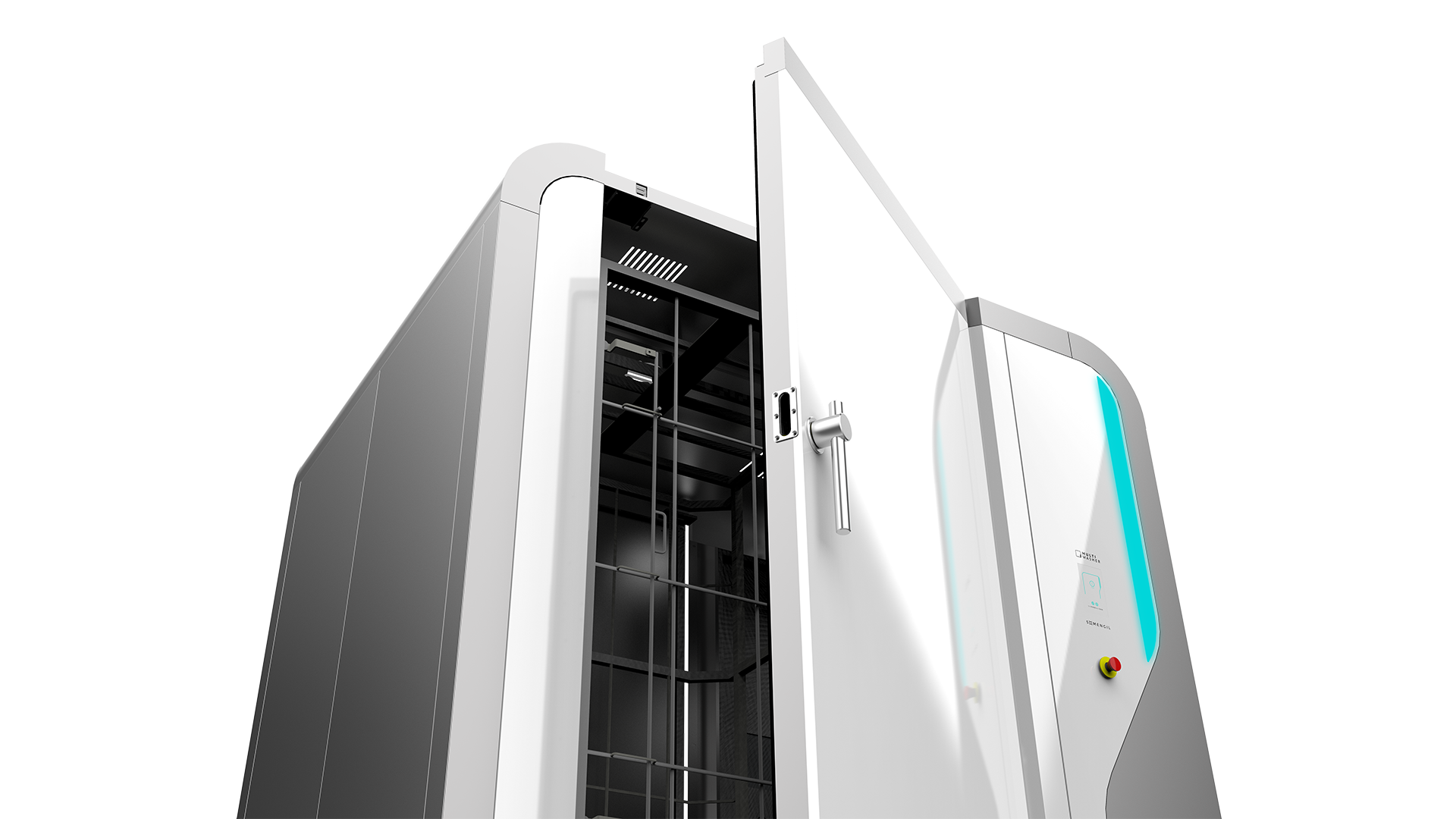
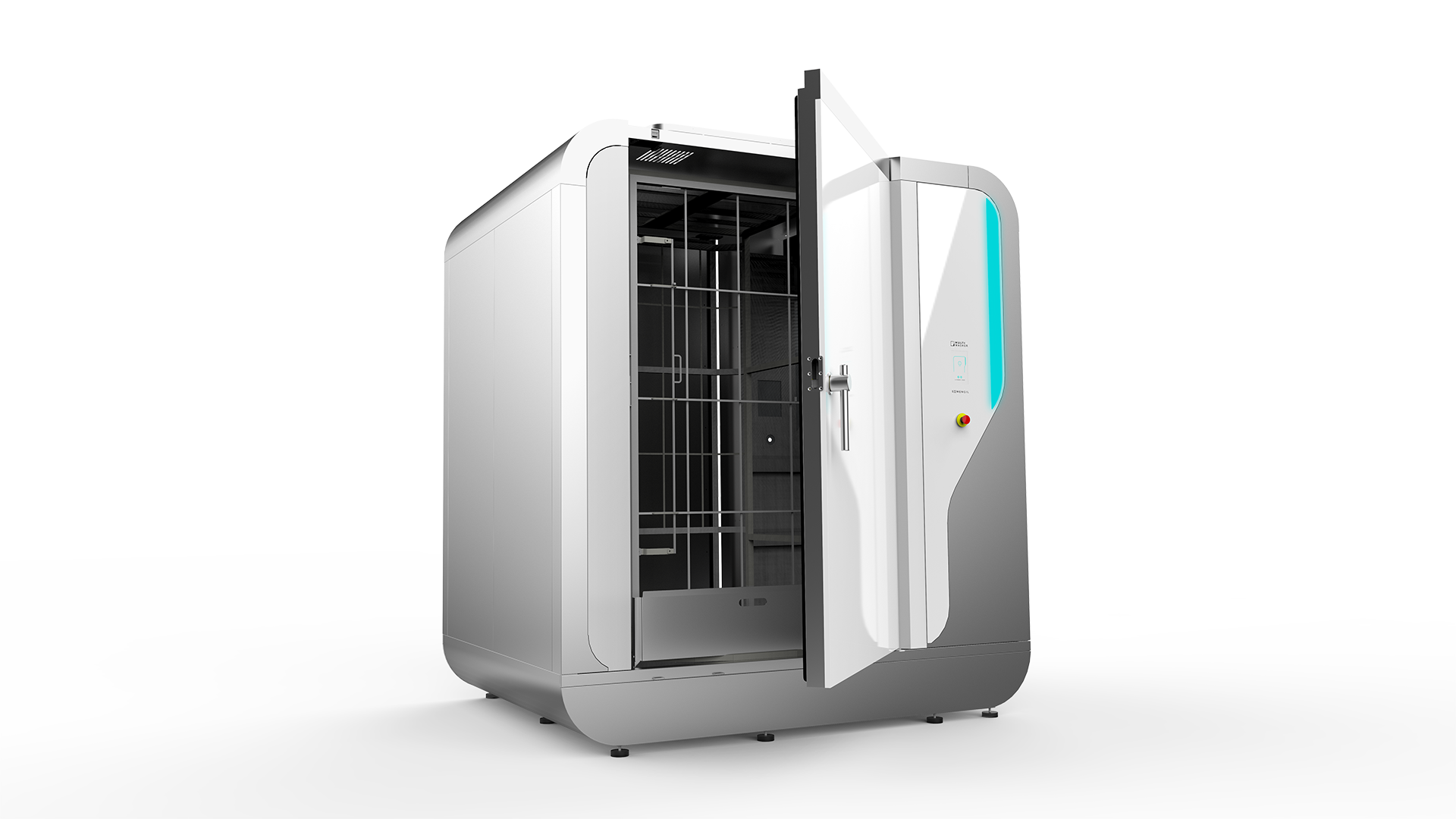
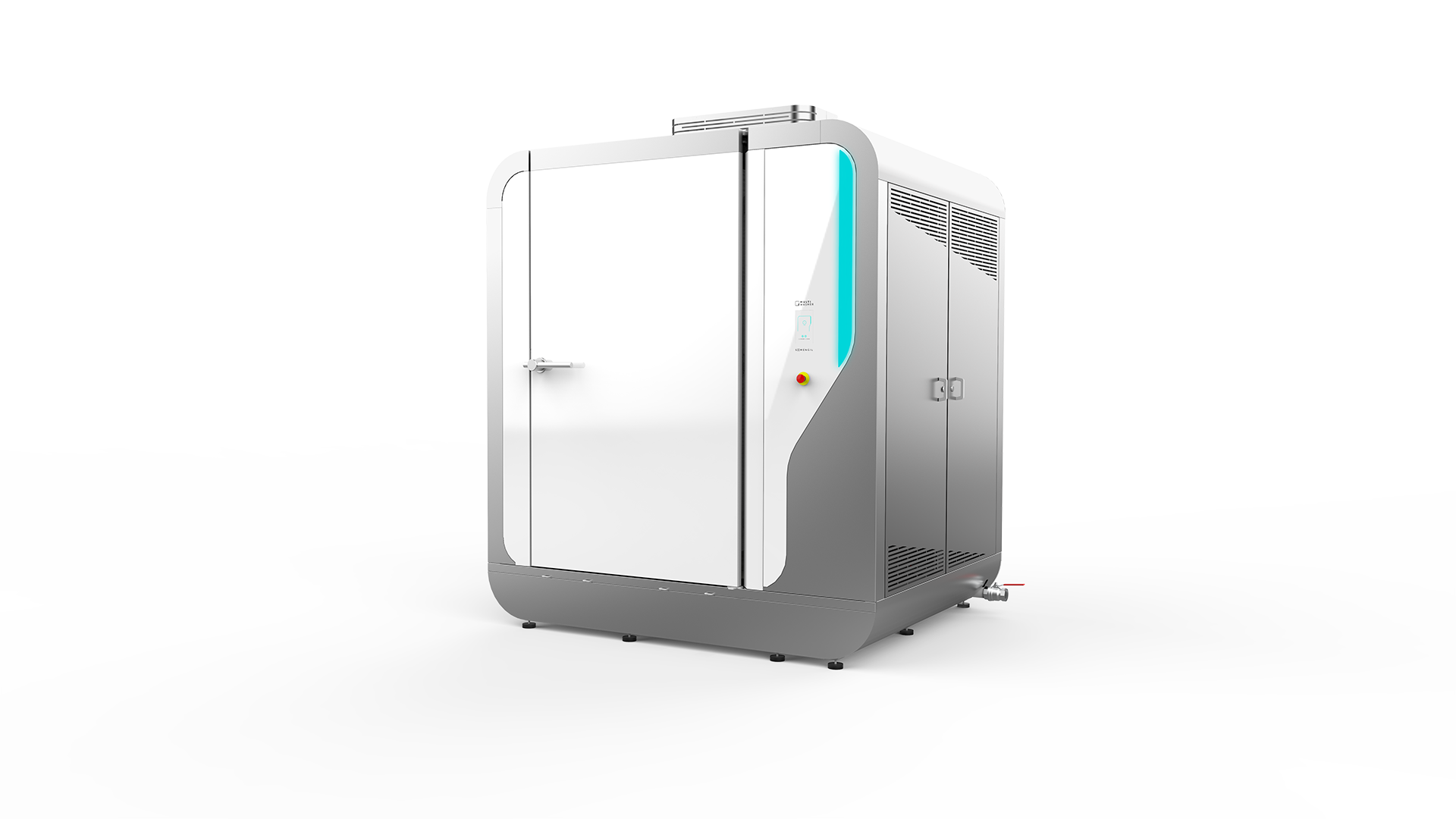
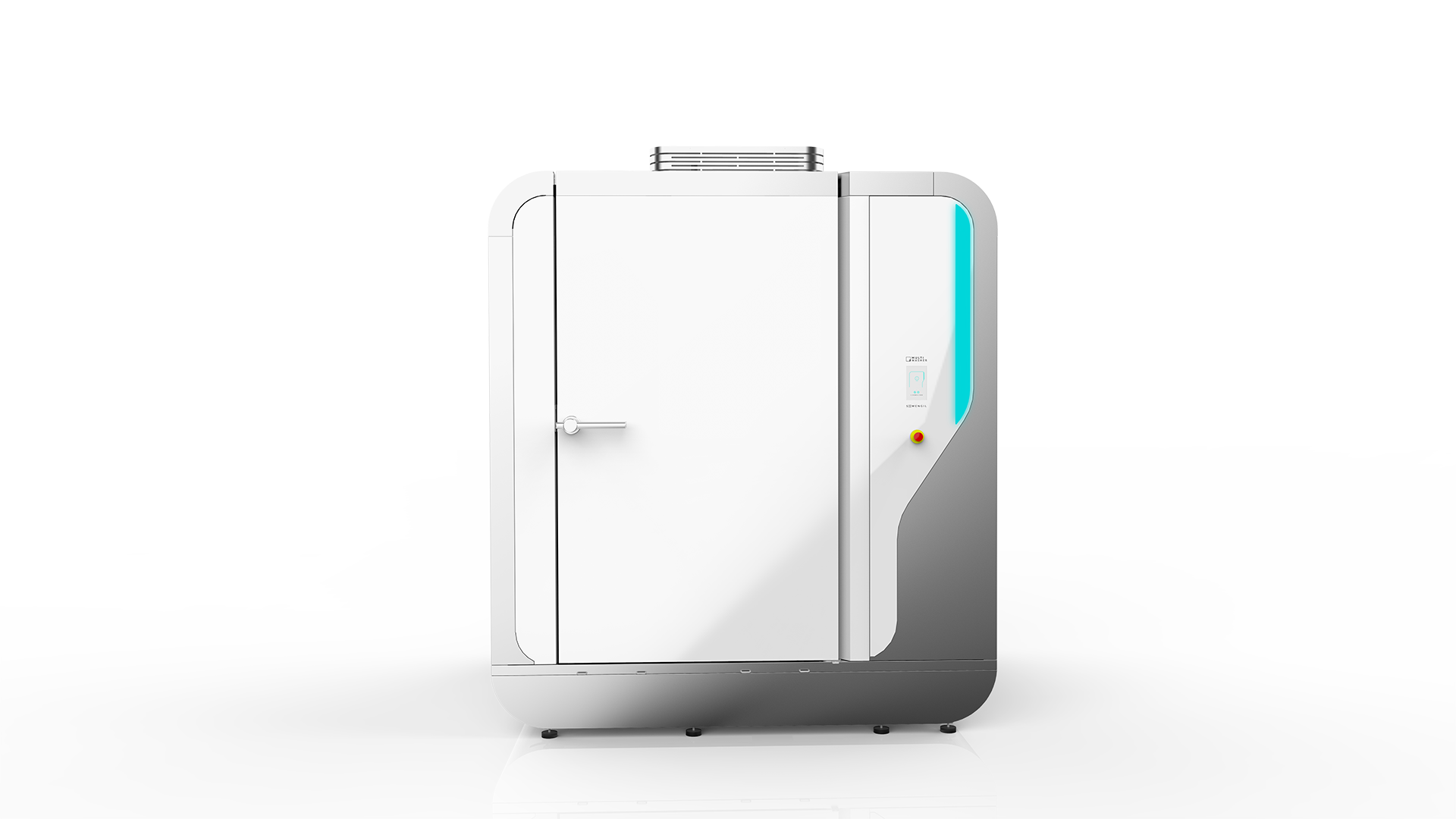
 Portugal
Portugal United Kingdom
United Kingdom United States
United States France
France Spain
Spain Germany
Germany Romania
Romania Italy
Italy Czech Republic
Czech Republic Finland
Finland Hungary
Hungary Slovakia
Slovakia Greece
Greece Lithuania
Lithuania South Korea
South Korea Russia
Russia Saudi Arabia
Saudi Arabia Poland
Poland Brasil
Brasil Hebrew
Hebrew